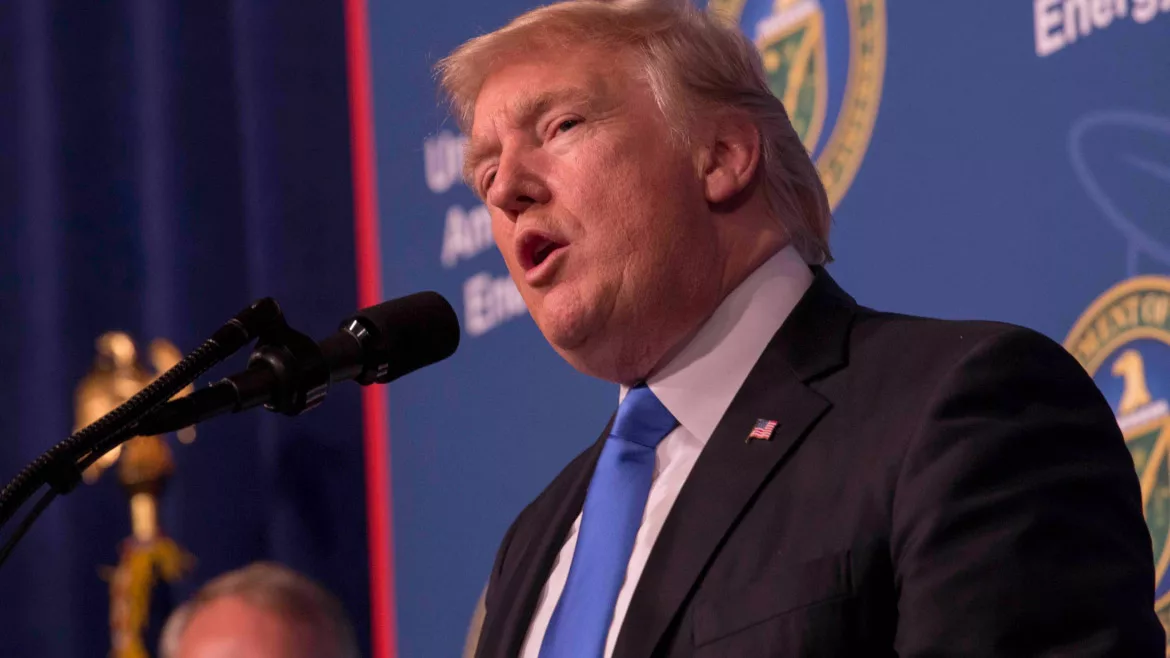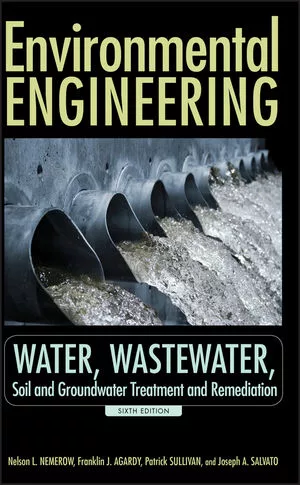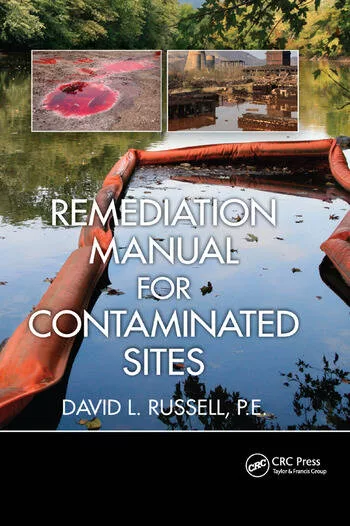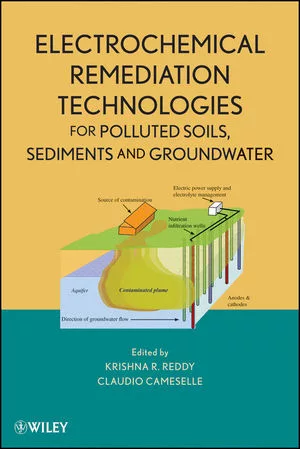What Trump's Election Means for the Environmental Remediation Industry
One area to watch is the implementation of the Lead and Copper Rule revisions

(Courtesy of the DOE)
A simmering battle over the role of science in federal policy has erupted into the open, with Republicans accusing Democrats of trying to "lock in" policies that could limit the flexibility of the incoming administration of President-Elect Donald Trump. At the heart of the dispute are "scientific integrity" rules, designed to shield researchers from political interference, but which some conservatives now see as a threat to their agenda.
The flashpoint came when House Oversight Committee Chair James Comer (R-KY) slammed the Environmental Protection Agency's scientific integrity program in a Nov. 14 letter to the agency, charging it could be used to "undermine politically accountable agency leaders" and "hamstring" the Trump team's efforts to implement their own policies. Comer's fiery letter demanded a trove of documents from the EPA, reflecting a deepening distrust between the parties.
The scientific integrity policies at issue were first enacted during the Obama era, but President Biden directed agencies to strengthen them shortly after taking office in 2021. The goal was to "restore public trust" in a system seen as vulnerable to politicization after the Trump years. Yet, a review by Public Employees for Environmental Responsibility (PEER) suggests the strengthened policies may offer little real protection against future abuses.
PEER's analysis found the updated policies largely mirror their predecessors, with many containing loopholes that could enable censorship or misconduct. For instance, some grant agency officials sweeping discretion over which complaints to investigate, while others impose gag orders on scientists discussing policy implications of their research. Notably, the EPA – which has yet to finalize its updated policy – saw its existing rules blasted as "pathetically weak" by PEER's Jeff Ruch. He further noted scientific integrity policies "could be wiped out with the stroke of a pen" by the Executive Branch.
Jeffrey Porter, Environmental Practice Chair at Mintz, said President-Elect Trump's selection of Rep. Lee Zeldin as EPA administrator is expected to support PFAS restrictions, while rolling back regulations governing wetlands.
"The Federal Government will be playing a much smaller role in environmental protection than it has in a generation, and even a smaller role than during the first Trump administration," Porter said in a statement.
The stakes are particularly high for environmental and public health policy, where the quality of the underlying science can have direct impacts on regulations and safeguards. One area to watch is the implementation of the Lead and Copper Rule revisions, which aim to accelerate the replacement of toxic lead pipes nationwide. While the policy is set to take effect later this month, its rollout could be influenced by the shifting political winds.
Companies like Crown Electrokinetics, which provides lead pipe detection and remediation solutions, are watching the developments closely. Crown's CEO Doug Croxall expressed optimism that the Trump administration, which previously prioritized water infrastructure issues, could bring renewed focus and funding to the challenge of ensuring safe drinking water. Yet, the broader question of how scientific evidence will be treated in the policy-making process remains a pressing concern.
“The Trump administration has historically demonstrated a commitment to improving water infrastructure as seen with its 2016 efforts to modernize the LCR. With water safety remaining a national priority, we’re encouraged by the potential for increased attention and funding under the incoming administration," Croxall said. "We believe that the opportunity for our innovative lead pipe identification and remediation solutions remains robust now and through the next presidential term."
While Zeldin's voting record proves he is constructive on PFAS standards, his Congressional Republican colleagues have still been active in trying to limit PFAS regulations. For example, GOP members of the House Energy and Commerce Committee spoke out against the PFAS Action Act, which aimed to establish stricter rules for these chemicals. Some Republicans offered amendments to the bill that would have exempted certain industries, like medical devices and semiconductors, from the proposed regulations.
Additionally, some proposed budget cuts championed by House Republicans could jeopardize federal plans to implement and enforce PFAS protections, according to the Environmental Working Group.







